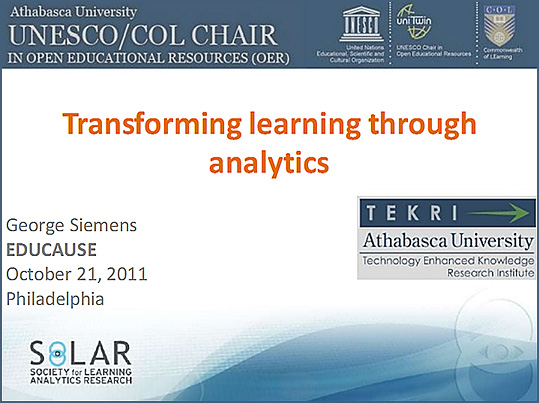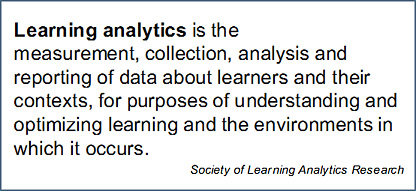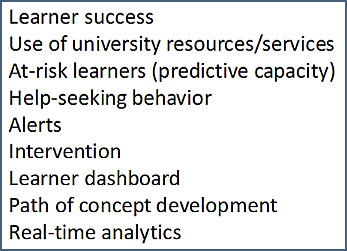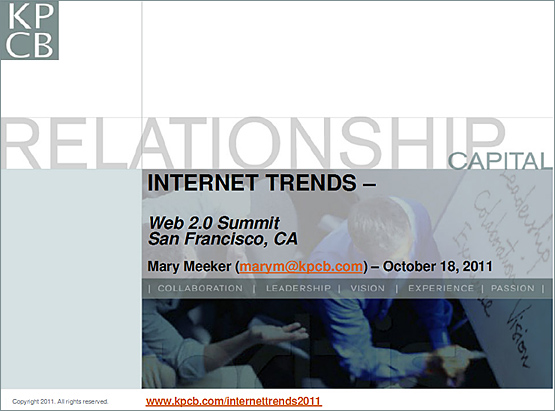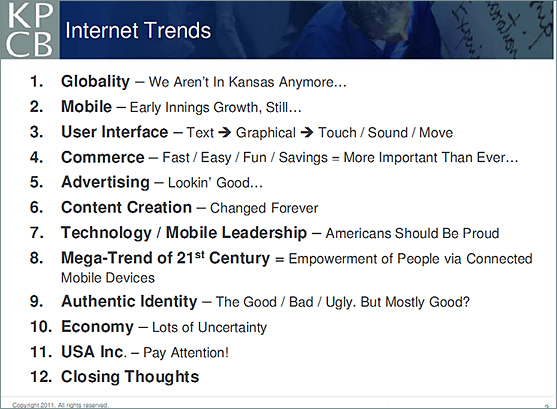HTML5 program promises to be game changer — from mediapost.com by Diane Mermigas
Also see:
- Elevation Partners Director and Co-Founder Roger McNamee [Video-based presentation]
Chapters (full program: 52 min 22 sec)
01. Introduction
02. Demise of Microsoft means opportunity
03. Google in a tough spot
04. Creativity rules in HTML5
05. Apple domination in tablets
06. Access from any screen
07. The social wave is over
08. TV the last protected media
09. Economic context and seed investing
10. Why Apple supports HTML5
11. Privacy regulation
12. HTML5 implications for content protection
13. Investment in Forbes
14. Ringback tones
15. Money in the music industry
16. Subscription television
- 10 Hypotheses for Technology Investing — by Roger McNamee
- #1: “Next” web architecture = Hypernet + Hyperweb
- #2: The decline & fall of Windows unlocks revenue
- #3: Index search is peaking
- #4: Apple’s model threatens web
- #5: HTML5 is game changer for publishers
HTML5 is not just a programming language; enables new models of web experience
– Developers will embed audio and video directly in web pages, replacing Adobe’s Flash plug-in; enables much greater differentiation in sites, advertising, etc.
– Content publishers will redesign their sites to reduce power of Google, ad networks
HTML5 will be disruptive in ways we cannot imagine today: pendulum swinging to favor content creators and publishers. Imagine Amazon or eBay storefront as an ad.
– Everything can be an app . . . every piece of content . . . every tweet . . . every ad
– Ads: create demand and fulfill it at the same time . . . without leaving publisher’s page
– Other tech (e.g., Wordnik) enables publishers to protect and monetize text onsite and off- #6: Tablets are hugely disruptive
- #7: First wave of “social web” is over
- #8: Smartphones in US: Apple + 7 Dwarfs
- #9: Wireless infrastructure is a competitive threat to US
- #10: Integration of TV & Internet could be disruptive
From DSC:
- A recommendation that caught my eye:
Focus 100% on companies that are cloud + multiscreen; HTML 5 as proxy.









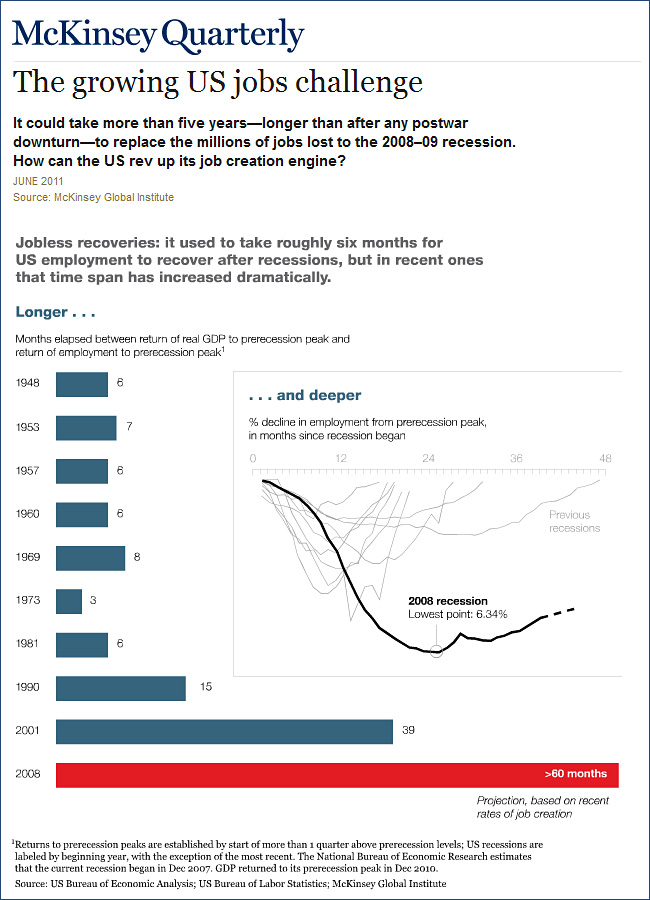
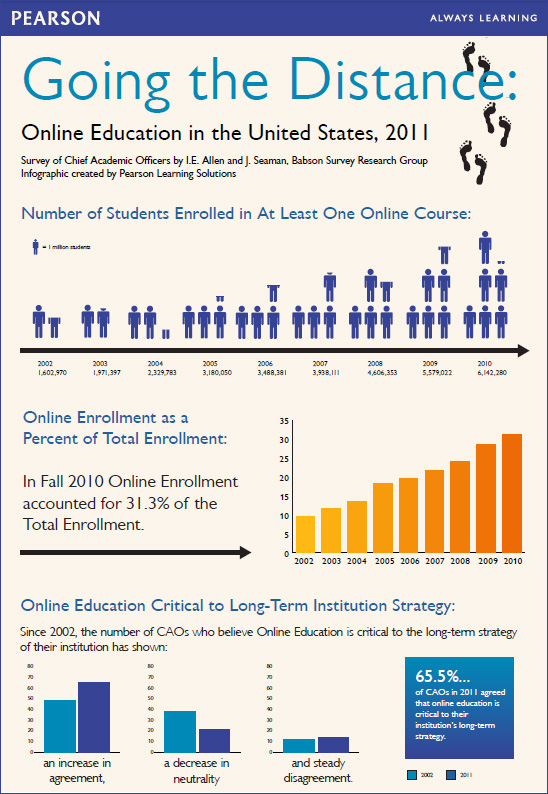
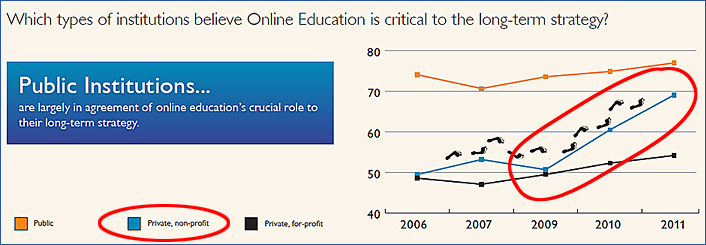
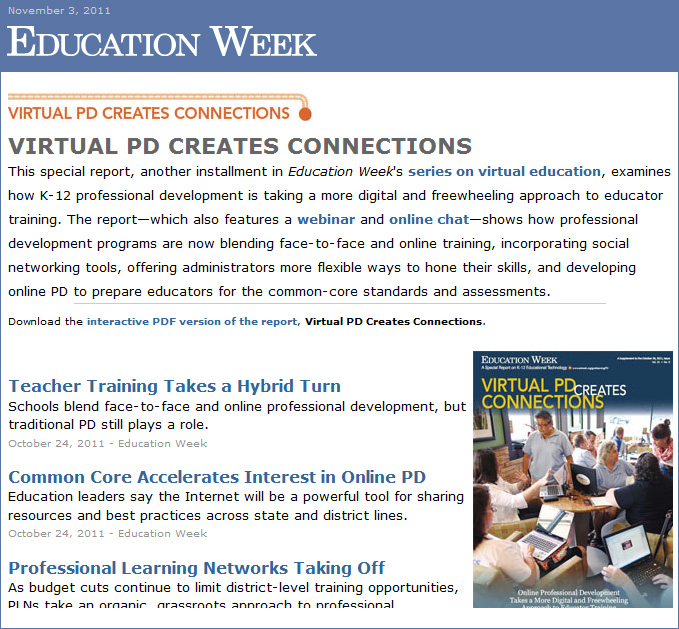
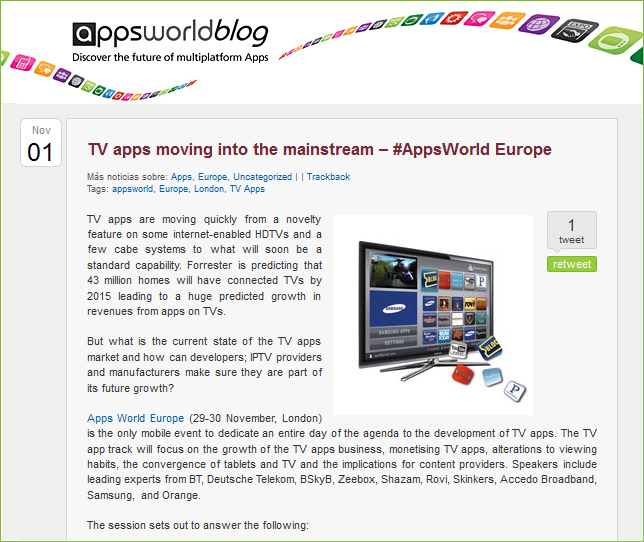


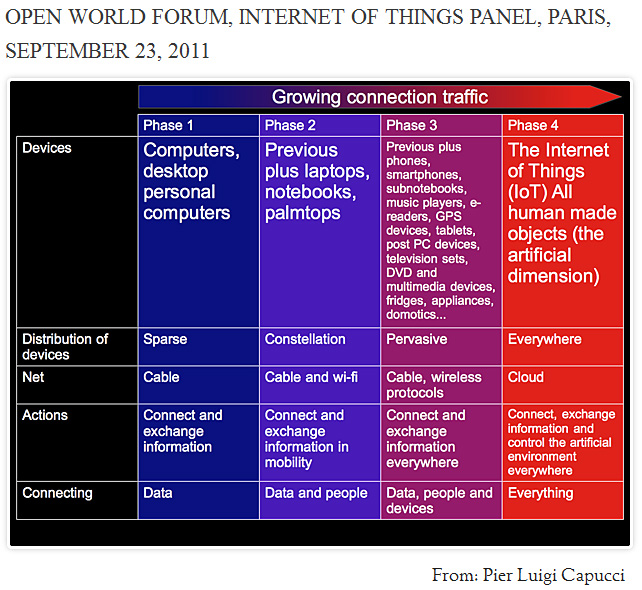
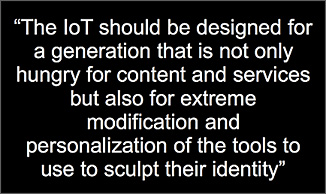
 “I finally cracked it,” Steve Jobs told his biographer Walter Isaacson just months before his death. He was referring to the design and functionality of television, something Jobs had long wanted his company to reimagine.
“I finally cracked it,” Steve Jobs told his biographer Walter Isaacson just months before his death. He was referring to the design and functionality of television, something Jobs had long wanted his company to reimagine.